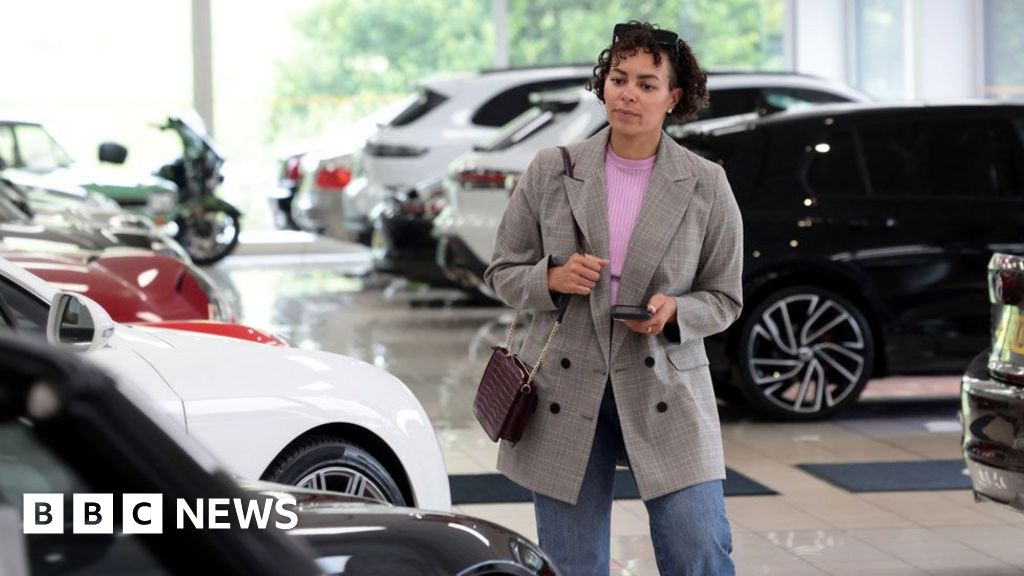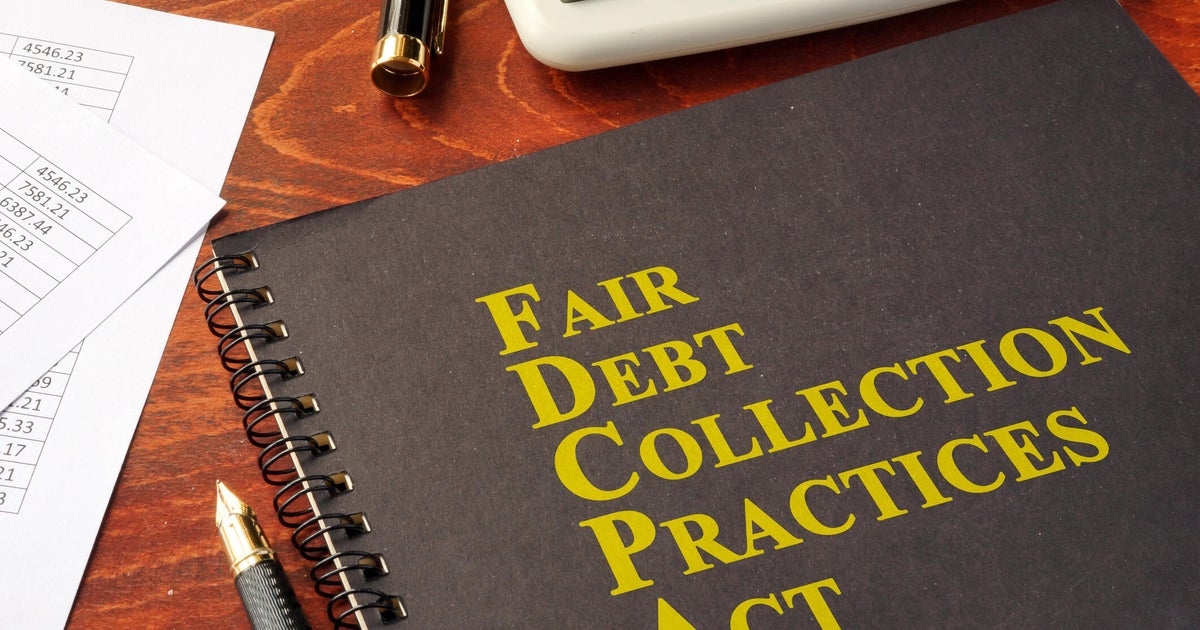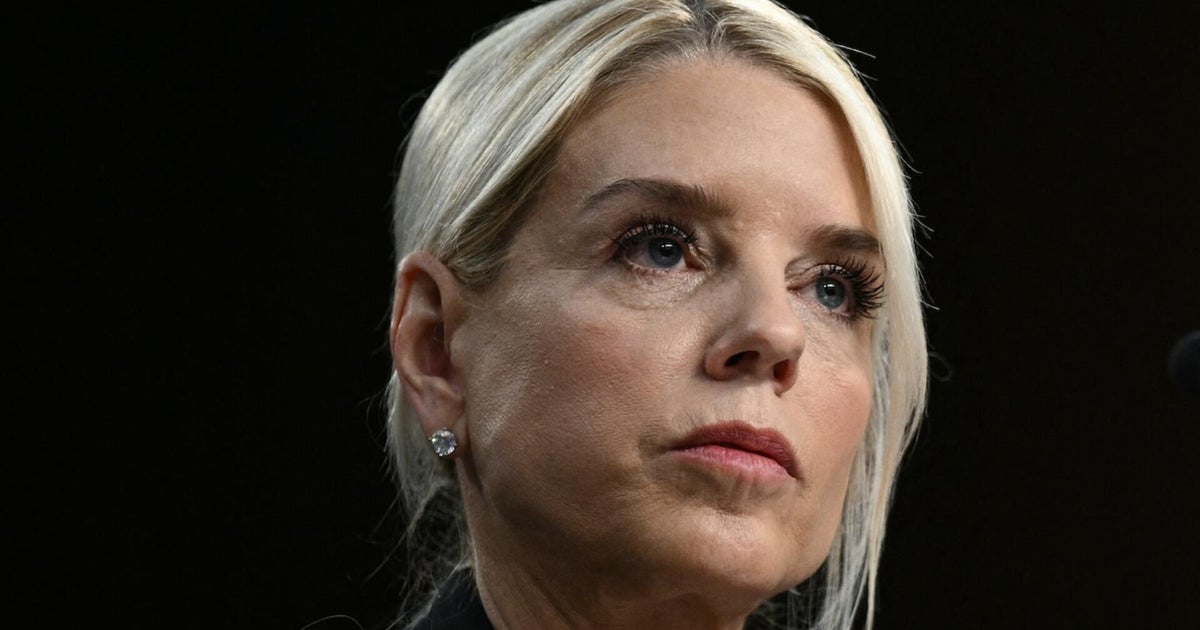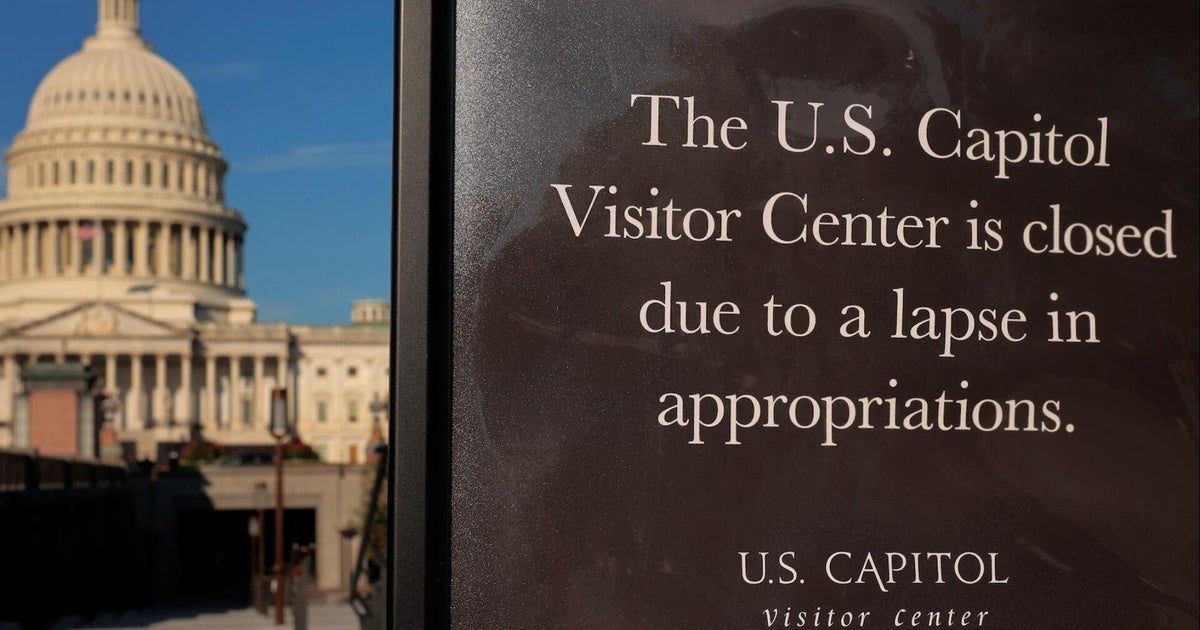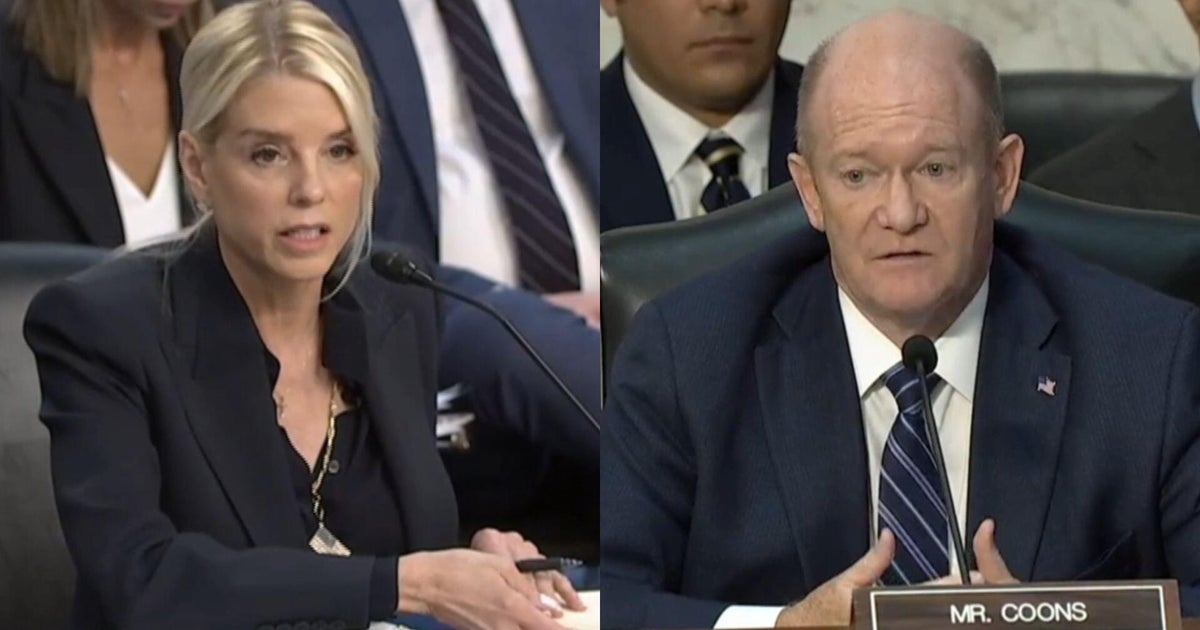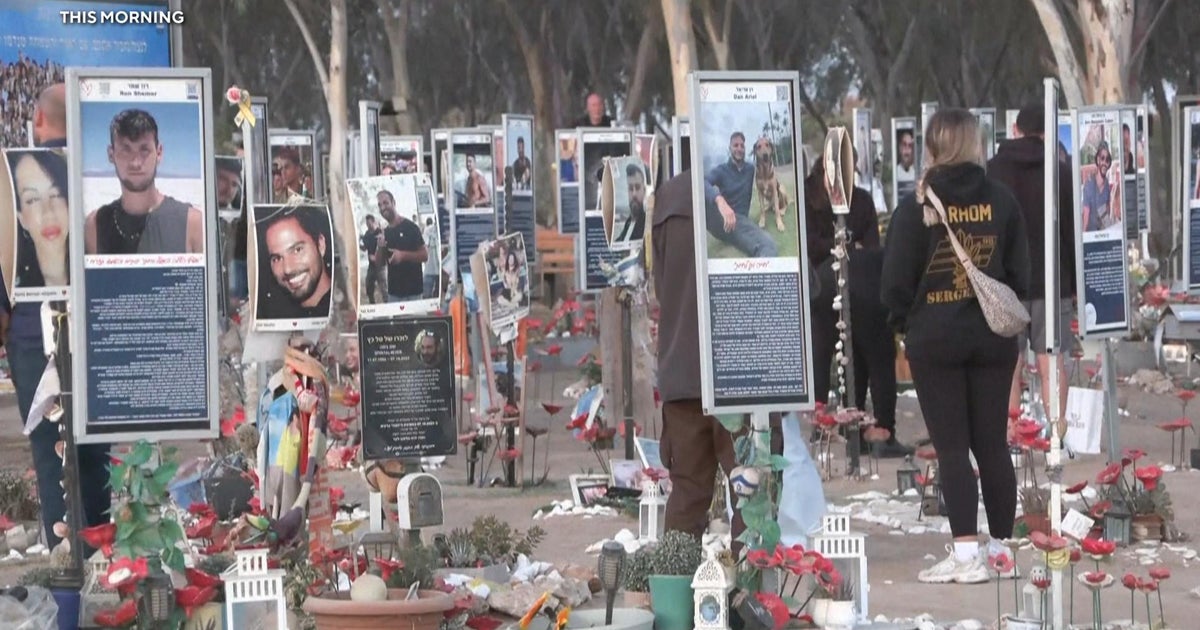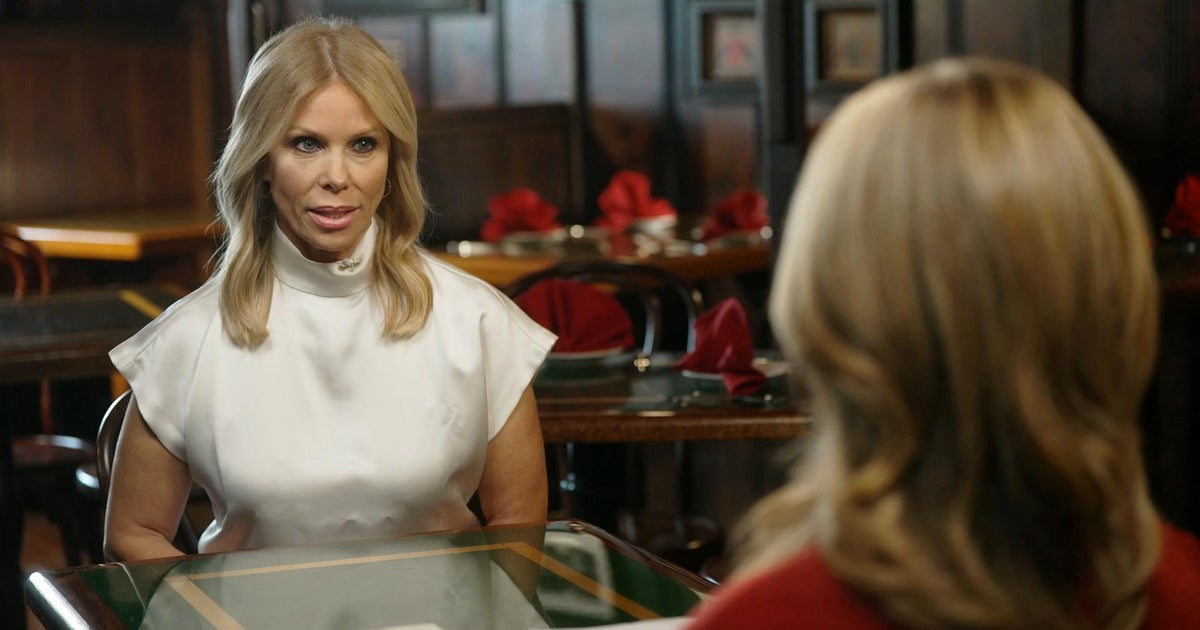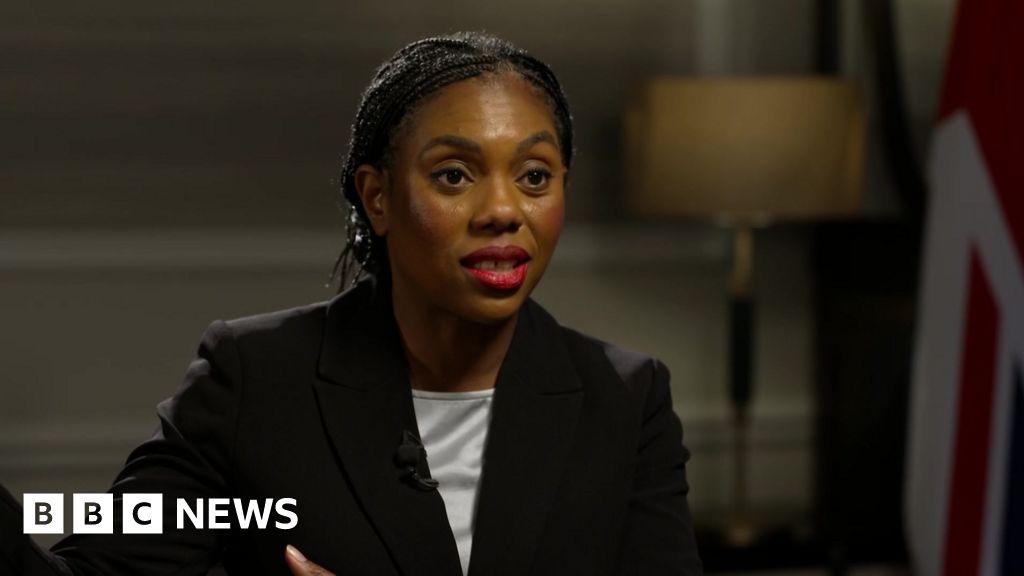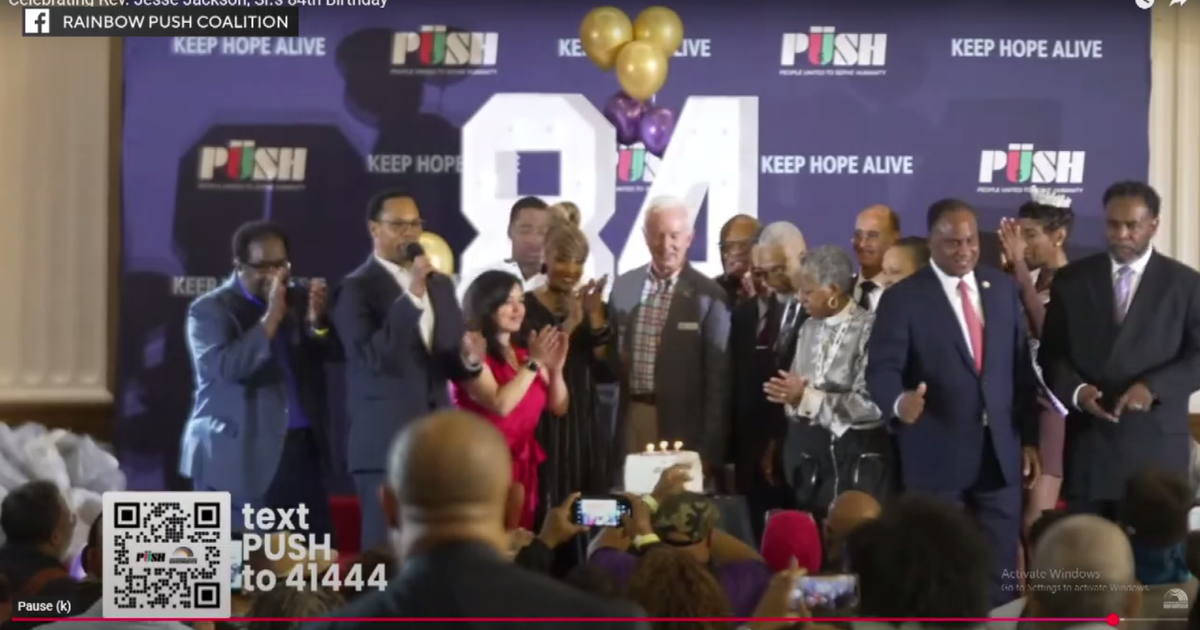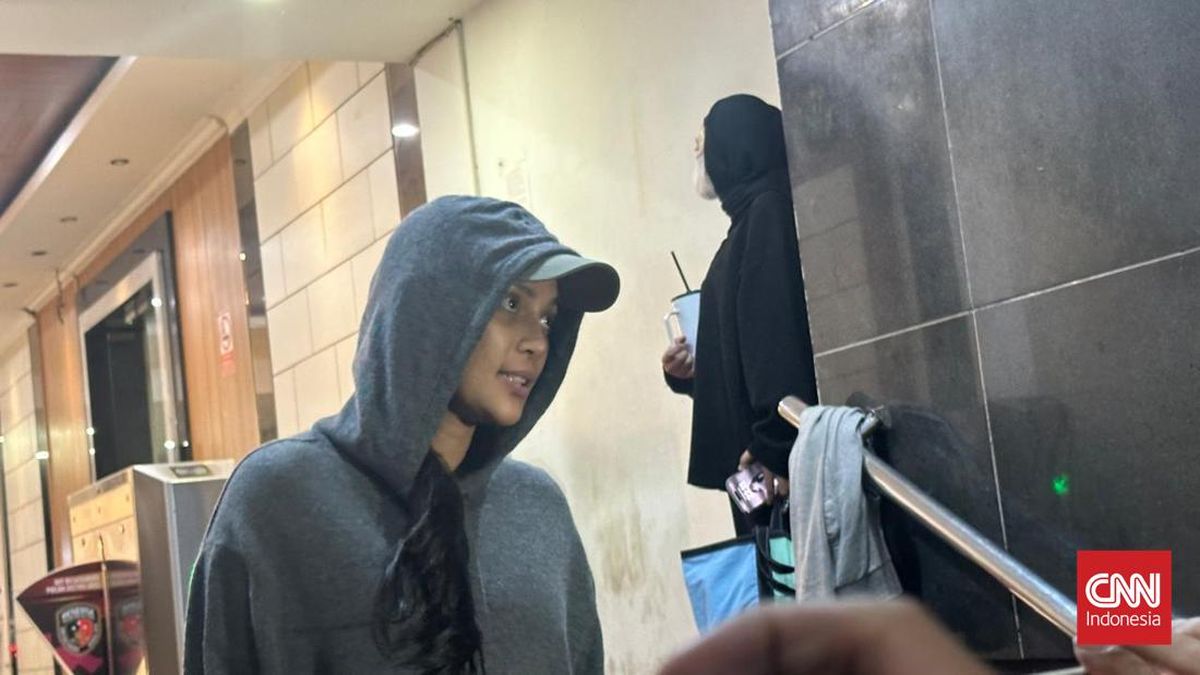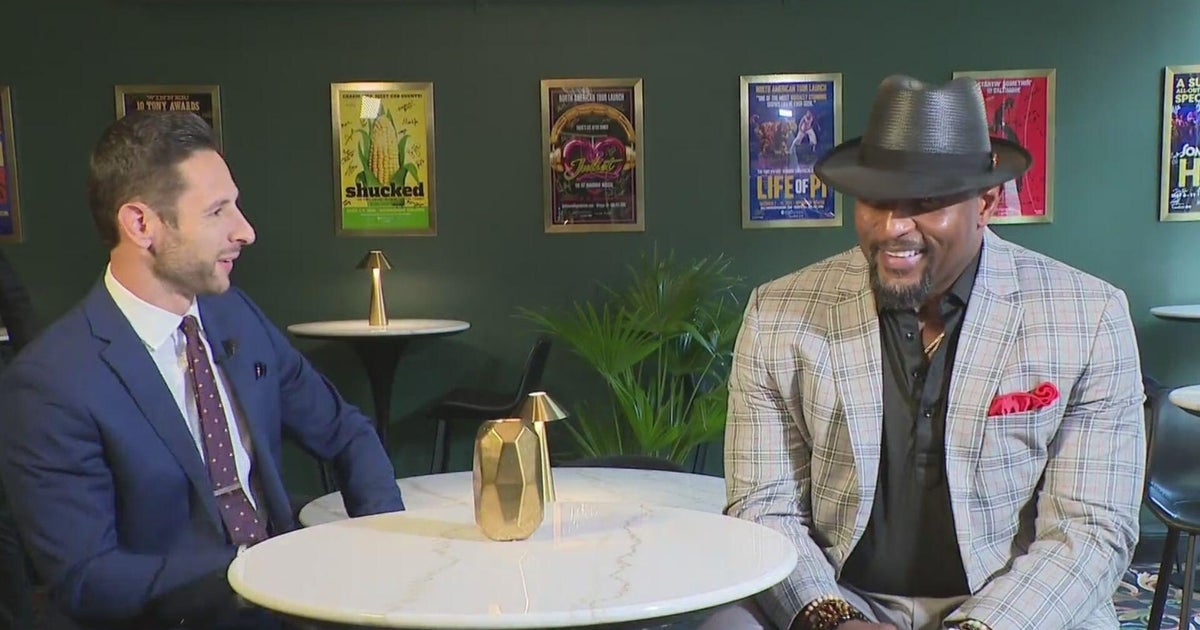Shaun Rennie is a “total Renthead”.
“I was born in ’82, so when it came out I was 16. I knew every single lyric. My friends at school and I used to put it on and sing the whole thing. I knew” – he corrects himself – “I know every single lyric, still. I went and saw it at the Theatre Royal, I queued up to get $20 tickets. I had the dog tags with ‘No day but today’.
“I’m of that generation where it sort of felt like our lives and our friends and our people up on stage, and it felt revolutionary at the time.”

Rent stars Henry Rollo and Calista Nelmes at Opera Australia in Sydney. Credit: Janie Barrett
The musical “changed my life. It continues to change my life,” he says.
Rent is like that. Not just for Rennie but for an entire generation of arty outcast teenagers who found their people – and, in many cases, their calling – in Jonathan Larson’s mid-’90s rock musical about a group of young bohemians in New York’s Lower East Side who want to make art and love in the midst of the AIDS epidemic and unfeeling consumerism.
The most famous of these is probably Lin-Manuel Miranda, who decided he wanted to write musical theatre after seeing Rent for the first time on his 18th birthday. The show was the first production Rennie ever directed, exactly 10 years ago at the tiny Hayes Theatre. Now he’s directing it again, at the most famous performing arts venue in the world, the Sydney Opera House.

Rent director Shaun Rennie at Opera Australia in Sydney.Credit: Janier Barrett
Rent – a retelling of Puccini’s La Boheme with AIDS swapped in for tuberculosis, and two central same-sex couples in the place of heterosexual ones in the 19th-century original – is the stuff of Broadway legend, at least partly because of Larson’s sudden death the night before the show’s first off-Broadway preview in January 1996. He didn’t live to see the four Tony Awards, the Pulitzer Prize for drama, the millions of fans, the movie, the Rentheads who would queue for hours to score $20 tickets in the first two rows – an idea Larson invented, so poor artists like himself could see theatre.
Despite all of its success – or perhaps because of it – for a while it became cool to sneer at Rent. Everyone from Trey Parker and Matt Stone to David Rakoff mocked its naivete, sincerity and characters’ refusal to pay for accommodation. But for many people it still hits its mark, perhaps even more than when it was written.
Henry Rollo, who plays Mark Cohen in the coming production at the Opera House, says one of his favourite lines in the show comes from the barnstorming ode to bohemian ideals that closes out Act 1, La Vie Boheme. Mark, the show’s narrator and audience surrogate, proposes a toast to his weird, artistic friends: “To being an us, for once, instead of a them.”
“As a theatre person who was made fun of for doing it and being on the outside, then you find your people outside of high school and you think, ‘Oh wow, I’m not a loser’,” Rollo says.
That feeling of finding her tribe also struck Calista Nelmes, who plays performance artist Maureen. Growing up in a small town in New Zealand, she didn’t have a lot of exposure to stage musicals, and her introduction to Rent was the somewhat maligned 2005 film, which she says floored her. “When I saw myself reflected back I was like, ‘Whoa. This is different’.”
All three, unprompted and in three separate interviews, quote the same line as the heart of the show, and why it’s never lost its relevance. It comes from Act 2’s What You Own, a duet between Mark and his erstwhile roommate Roger, describing what they have found in each other and their friends: “Connection in an isolating age”.
“It’s almost spooky because Jonathan Larson predicted this new age of tech, where we would feel so disconnected [from each other] because we would be so connected to our phones,” says Nelmes.
Rennie concurs. “We’re further along in late-stage capitalism than we were in the ’90s,” he points out. “So it feels even more potent to fight for what’s really important in connection as technology sends us further and further into an isolated age. The importance of actually putting your phones down and connecting to each other becomes more and more potent.”
And, of course, as Nelmes points out, not only have we also just emerged from a global pandemic, “we’re going through another cost-of-living housing crisis. We are still struggling to pay our rent.”
Rennie lost his younger brother to leukaemia when he was just 24, and he says the show’s message of connection and love, even in the face of death and fear, resonates even more strongly now than when he was 16. He tells his young cast the story of Rent’s origin and brings its rituals to life, including a plaque and a prayer to Jonathan Larson on opening night.
“When we do the support group [the scene where HIV-positive characters vow ‘no day but today’] I sit and I talk to them about the fact that when the support group enters, they used to change the names to people who had passed from HIV at the time. I use the opportunity to invite the cast, if they want to, to honour anyone that they’ve lost … I try to capture the spirit of that original process … Honouring Jonathan Larson is really important to me, in the same way to honour my brother is – and the two are sort of entwined.”
Rent is now showing at the Joan Sutherland Theatre, Sydney Opera House.
Most Viewed in Culture
Loading


